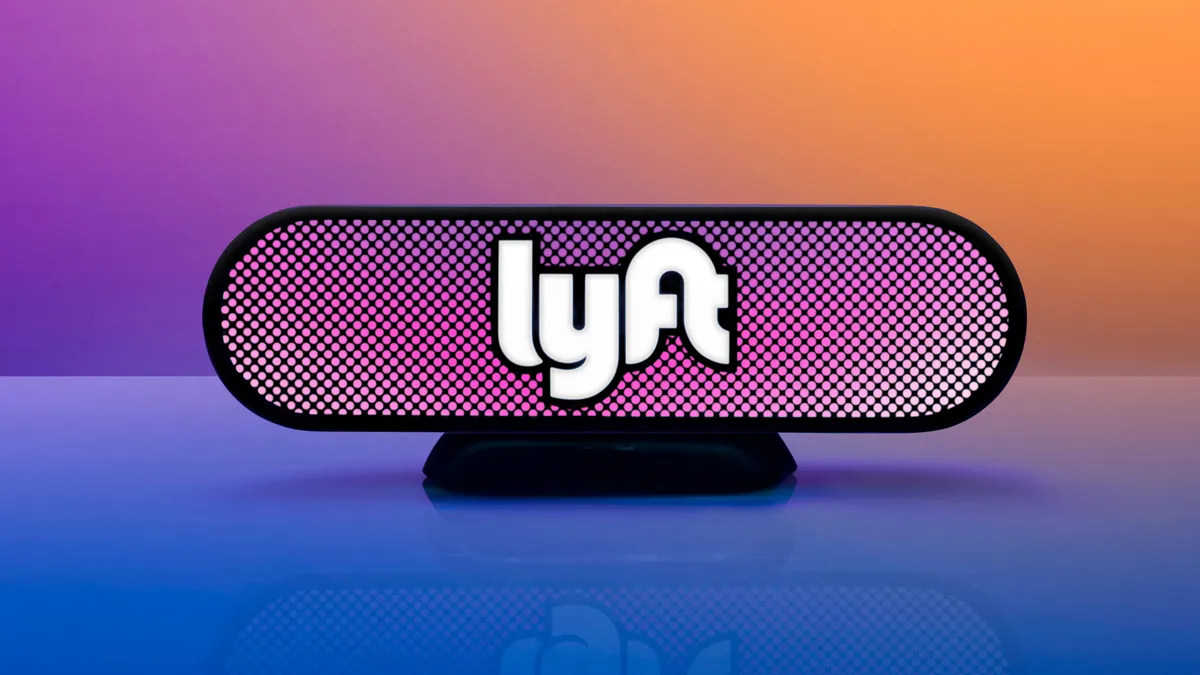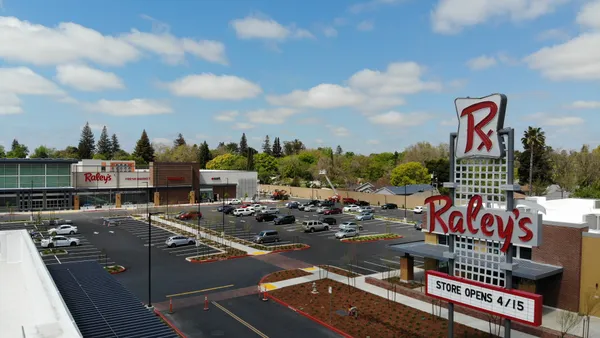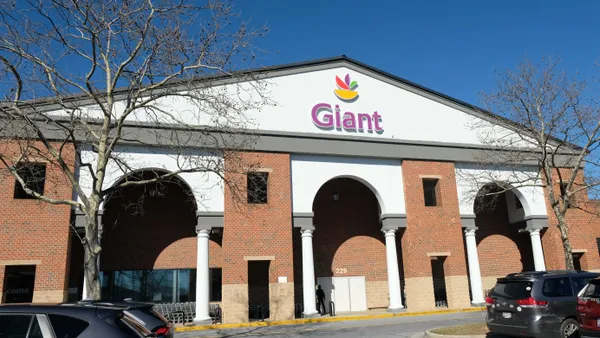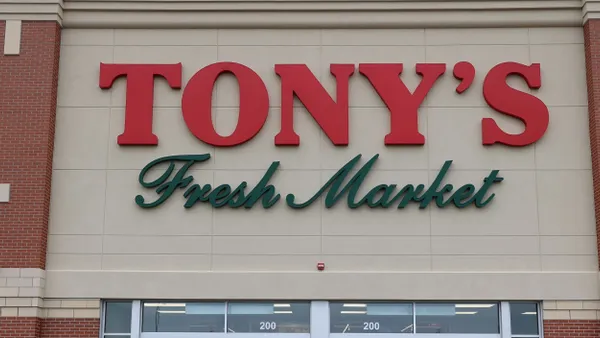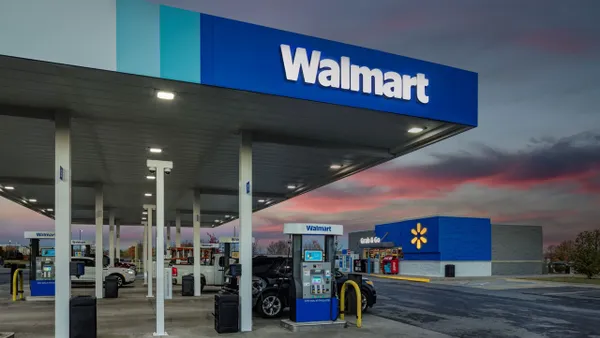Dive Brief:
- Lyft is expanding its Grocery Access Program to Baltimore, Chicago and New York City, according to a press release sent to Grocery Dive. The program provides discounted rides to residents with inadequate access to full-service grocery stores.
- The company said the expansion will support grocery access for 100 families in Baltimore and more than 60 families in Chicago. The program will also extend its reach in New York City, where it already operates, with four new grocery partners.
- Launched earlier this year in 16 markets, the Grocery Access Program works with grocery stores, farmers' markets and nonprofit organizations to serve families in cities throughout the U.S. and Canada including Toronto, Miami and Washington, D.C.
Dive Insight:
Since the pilot program began in Washington, D.C., last year, Lyft has served more than 1,000 families and provided more than 18,000 discounted rides, the company said.
Users can take a survey to see if they qualify for the program, and if they do, offers will show up under the Promo section of the Lyft app. Qualifying customers get a $2.50 flat-rate fare for a Lyft Shared ride to travel to participating grocery stores and farmers markets. To incentivize drivers to accept rides from program participants, Lyft agrees to cover up to $16 in additional costs for the fare, Engadget reported.
Lyft's goal is to work with grocery stores that emphasize healthy eating and fresh food. Parties interested in getting involved with the program can fill out a form on Lyft’s website to express their interest. The company does not offer any financial incentives or exclusive benefits to its grocery partners and in some cities, it partners with a community food bank or other nonprofit in lieu of a grocery store.
Grocers are increasingly turning to technology to extend their reach into food deserts. Tech startup Udelv told Grocery Dive that autonomous delivery is a low-cost option that can meet residents at times and locations that suit them. Robots have been shortlisted as a potential solution to bringing food to elderly, disabled and low-income individuals with transportation or financial barriers to traveling to a grocery store offering fresh food.
Kroger has tested its own method of tackling food deserts. Kroger subsidiary Pick'n'Save and the Hungry Task Force brought a mobile food truck to the Louisville area to bring fresh produce, meats and other groceries to the food desert.
The U.S. Department of Agriculture is piloting an e-commerce program through the Supplemental Nutrition Assistance Program (SNAP) with Walmart, ShopRite and Amazon to allow SNAP recipients to purchase groceries online. If the program is successful, the agency will expand it to other states.


